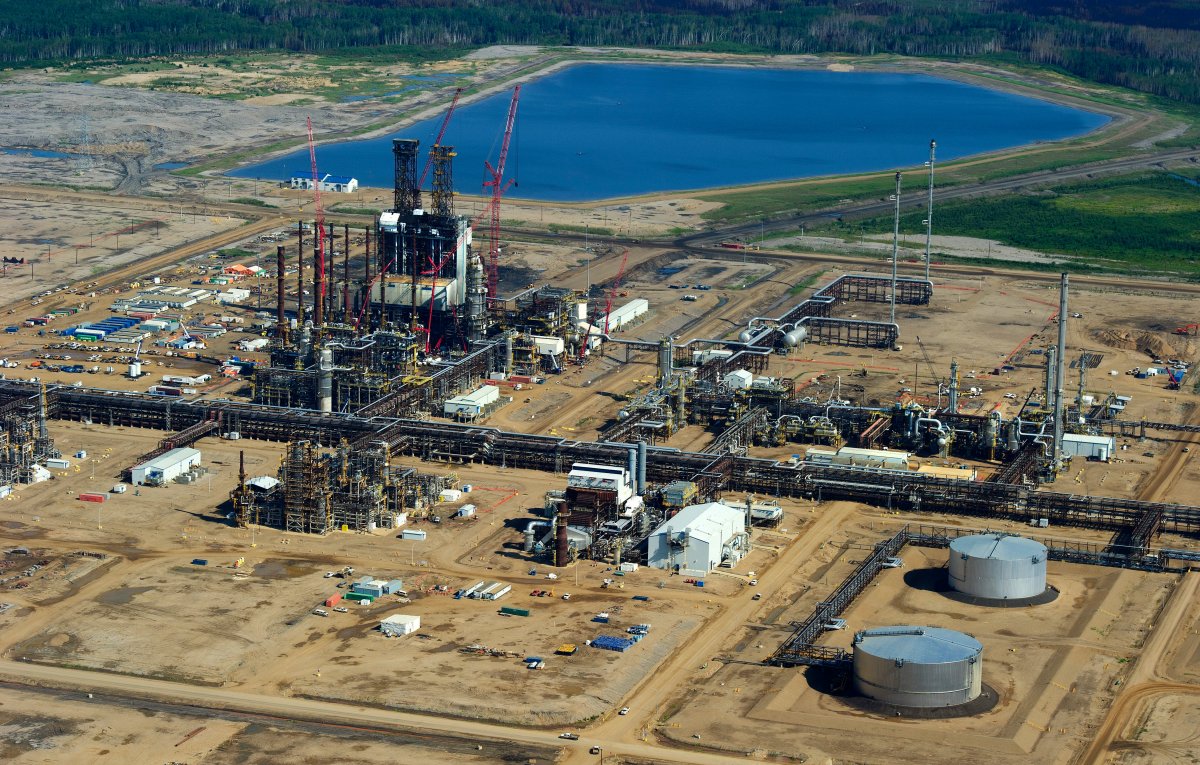Canadian Natural Resources Ltd. will have to pay $500,000 for releasing a potentially deadly gas in two separate incidents at its Horizon facility in 2010 and 2012.

Three environmental charges were laid after a hydrogen sulphide gas leak at the oilsands upgrader facility north of Fort McMurray in May 2010.
CNRL’s sulphur recovery unit failed and some gas escaped at the ground level and through a flare stack. It happened on May 28, 2010 but the company didn’t report it until six days later, according to the province. Not immediately reporting a delay contravenes a requirement of the Environmental Protection and Enhancement Act, so CNRL was fined $350,000.
Then, in August 2012, 11 environmental charges were laid after a similar hydrogen sulphide gas leak at the facility. The plant’s sulphur recovery unit failed again and an unknown amount of the gas escaped through a flare stack.
The province learned of the leaks after getting complaints from the Fort McKay First Nation and reports from air-monitoring stations.
The gas that escaped didn’t fully combust, which was a contravention of the plant’s approval. The company admitted to breaching the Environmental Protection and Enhancement Act and was fined $150,000.
READ MORE: CNRL faces charges over hydrogen sulphide gas leak
The province announced the penalties against CNRL Friday.
Of the total fine, $425,000 will go to the University of Calgary for research into the toxicological effects of chemicals measured in the air in and around Fort MacKay.
Alberta Environment says hydrogen sulphide can be highly toxic and smells like rotten eggs. Exposure at low concentrations can irritate the eyes, nose and throat or cause headaches, dizziness and nausea.
Exposure at higher concentrations can result in sleepiness, blurred vision or even death as a result of respiratory failure.
With files from John Cotter, The Canadian Press


Comments